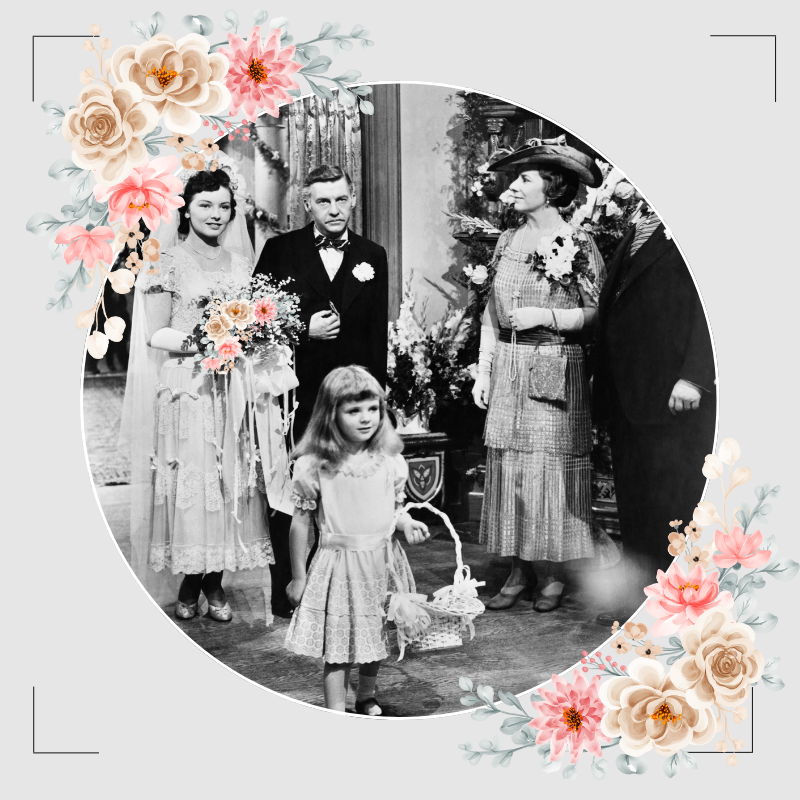The Wedding Procession: How to Organize It According to Tradition and Style
The Wedding Processional: A Highlight of Your Special Day
The wedding processional is one of the most emotional highlights of any wedding ceremony. It’s not just a symbolic moment but also an opportunity to showcase the style of the event and honor meaningful family traditions.
The composition of the processional can vary depending on the couple’s preferences, the participants, and the type of ceremony—whether religious, civil, or symbolic.
In this article, we’ll explore the
most common processional structure and
unique variations to help you design the perfect entrance for your special day.
The Classic Wedding Processional
If you’re looking for an elegant and well-organized processional, here’s the traditional sequence I often recommend:
Officiant
The officiant leads the processional, taking their place to set the stage for the ceremony.
Groom’s Witnesses
The groom’s witnesses follow, bringing a sense of importance and anticipation to the event.
Bride’s Witnesses
Next, the bride’s witnesses enter, adding a touch of solemnity and spotlighting their special role.
Groom with Mother
The groom, escorted by his mother, makes his way to the front—an emotional and unforgettable moment.
Bridesmaids and Groomsmen
The bridesmaids, with or without groomsmen, follow, adding grace and harmony to the procession.
Ring Bearer
The ring bearer enters, carrying the rings—a heartwarming moment that captures the guests’ attention.
Flower Girls
The flower girls scatter petals along the aisle, creating a romantic and dreamy atmosphere.
Bride with Father
The bride, escorted by her father or another meaningful figure, closes the processional, making an unforgettable entrance filled with emotion.
Variations to the Traditional Processional
Every wedding is unique, and small changes to the traditional format can make the processional even more personal and memorable.
One popular variation is including
the groom’s father and the bride’s mother in the processional. They can follow the groom, symbolizing a harmonious union of both families. This approach adds balance and pays tribute to all parental figures.
How to Choose the Perfect Processional for Your Wedding
When planning your processional, consider the following:
- Family Traditions: If specific traditions hold special meaning, incorporate them into the processional.
- Number of Participants: Adapt the sequence based on the number of witnesses, bridesmaids, and other participants.
- Ceremony Style: A formal wedding may call for a traditional processional, while an informal one allows for more creativity and flexibility.
Conclusion
Planning the wedding processional is essential for creating a meaningful and unforgettable moment. With a
well-thought-out structure and
personalized touches, your entrance can reflect your love story and unique style, making it even more special.
What’s your dream wedding processional?
Share your ideas in the comments below—we’d love to hear from you!



Leave a comments